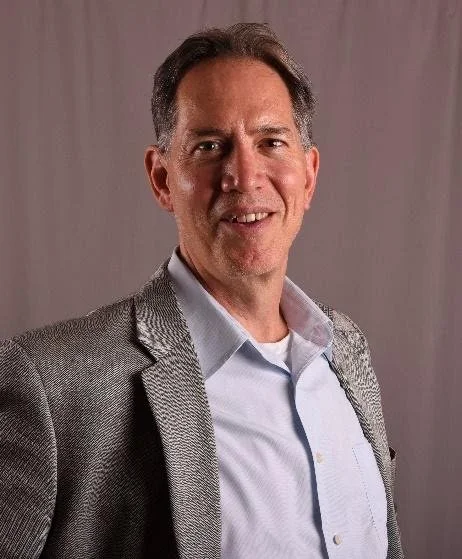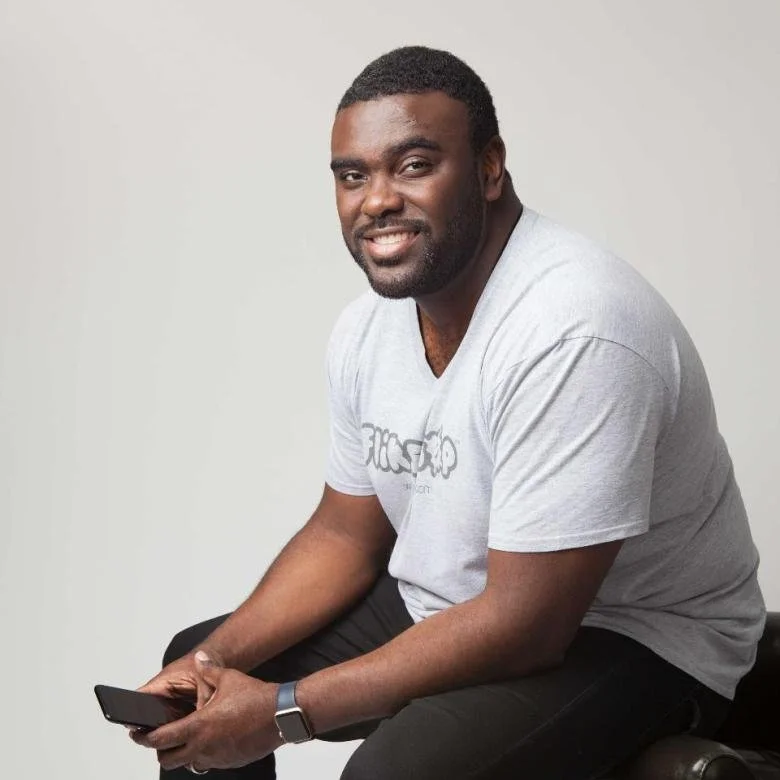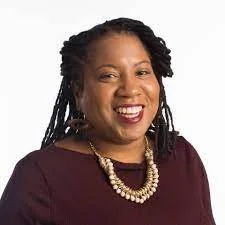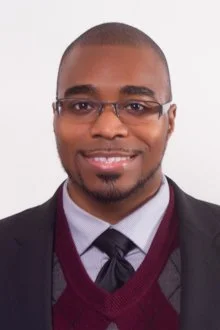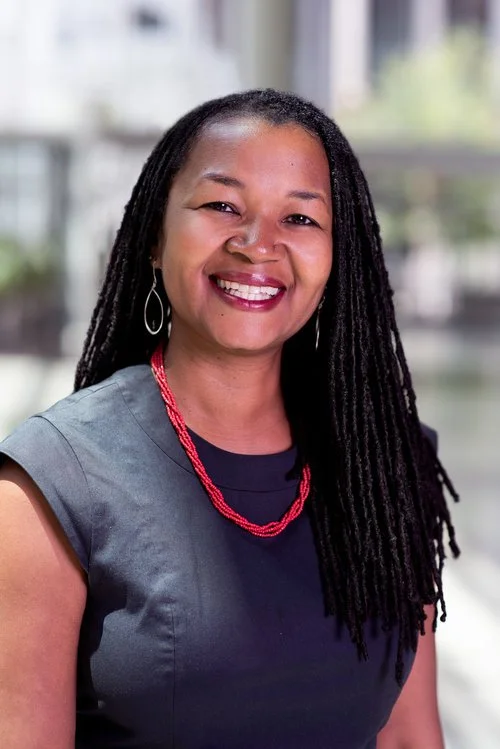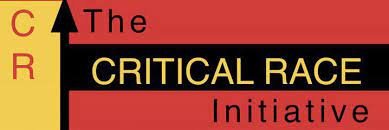About:
This event is part on an ongoing series on solutions to structural racism. The event will feature a presentation and panel discussion of a new report, entitled "Prince George's County Rising: Strategies for Equitable Development and Prosperity," from the Prince George's County Social Innovation Fund. The panel will feature UMD faculty, graduate students, and community members who work collaboratively to connect the university to the county.
Speakers:
STEVE BRIGHAM
Principal, Public Engagement Associates and Board Member, Prince George’s County Social Innovation Fund
Steve Brigham has been a leader in the public engagement field over the past two decades, first in his role as COO and then President of AmericaSpeaks, and now as one of three principals in Public Engagement Associates. In that time, he has led or managed more than 200 public and stakeholder engagement projects in project design, public meeting design, and large and small group facilitation on a wide range of public policy and planning issues, including land use planning, transportation, youth development, mental health policy, disaster recovery and rebuilding, preserving democratic health, transit planning, statewide health policy, and social entrepreneurship.
In the Washington, DC area, he has led citizen and stakeholder engagement projects with the Washington D.C. Mayor’s Office, WMATA, NoMa Parks Foundation, Metropolitan Washington Council of Governments (MWCOG), Prince George’s Planning Division, Howard County Department of Planning and Zoning, the Local Initiatives Support Corporation (LISC), Enterprise Community Partners, Purple Line Corridor Coalition, the D.C. Department of Behavioral Health and the Bainum Family Foundation.
Steve and his family have lived in Prince George’s County for the past twenty years and he remains committed to helping to build a county that is more prosperous and far more equitable for all of the residents who live here.
MARCUS BULLOCK
CEO, Flikshop
Marcus Bullock is an entrepreneur, justice reform advocate, and public speaker. Following his 2004 release from prison, he launched a construction business that grew to employ over 18 employees. Bullock is also founder and CEO of Flikshop, a free app that enables incarcerated people to receive personalized postcards from their families; building community and decreasing recidivism. He also founded the Flikshop School of Business, a program that teaches returning citizens life skills and entrepreneurship via computer coding and software development. He is a inaugural cohort member of Techstars Anywhere 2018 and John Legend’s Unlocked Futures business accelerators. He is also a member of the Justice Policy Institute’s board of directors and serves as an advisor to the Aspen Institute’s Opportunity Youth Incentive Fund. Married with two children, Bullock’s story has received coverage from Forbes, CNN, Washington Post, and NPR
BRITTNEY DRAKEFORD
Member, Gethsemane United Methodist Church, Cottage City, Maryland
Brittney Drakeford is a believer in FATE – the practice of combining faith, arts, and technology to energize communities to create equitable places for generations today and tomorrow. A sixth-generation native of Prince George’s County, Drakeford is interested in the legacies of African American communities in the County and the ways in which the built environment holds the memories of discrimination and segregation. Drakeford has worked as a Historian for Prince George's County's Black History Program and currently works for the County’s Planning Department as a Senior Planner. She is a 2017 Robert Wood Johnson Foundation Culture of Health Leader; a member of the 2015 cohort of Prince George's County's FortyUnder40; and a PhD student in the Urban and Regional Planning and Design program at the University of Maryland College Park. Her personal philosophy is that relationships among social networks have value (social capital), and when leveraged they can be used to inspire individuals and rejuvenate communities. You can often find Brittney biking along the Anacostia River or working in her local community garden with her dog Pig.
Amy Kincaid
Chief Program Officer, BALLE
As Chief Program Officer at BALLE, Amy Kincaid supports and guides activity designed to shift capital, scale sustainable enterprise, and change economic systems toward equity and justice.
Previously, she taught social entrepreneurship at University of Maryland and practiced consulting in the business she founded in 1998, ChangeMatters. The business, which specialized in organizational transition, turnaround, and renewal, was designated the country’s first Benefit LLC. Over the course of her career, she has secured over $72 million for rural agricultural enterprise, community-based arts, civil society, and international development, and has served as chief grantwriter, development director, executive director, publisher, program officer, and on multiple boards.
Colleagues describe her as wildly creative, insightful, and connected; a valued thinking partner, an empowerment freak, favorite professor, gifted executive coach, and someone who has a knack for entering a charged situation and reestablishing trust. She balances creativity with strategy, business sense with meaning, and intention with execution. Her focus on meaning, alignment, insight helps leaders and teams to challenge assumptions, make connections, and cook up exceptional solutions that work.
HODA MAHMOUDI
Research Professor and Chair, Baha’i Chair for World Peace, University of Maryland
Since July 2012, Professor Hoda Mahmoudi has held The Bahá’í Chair for World Peace at the University of Maryland, College Park. As director of this endowed academic program, Professor Mahmoudi collaborates with a wide range of scholars, researchers, and practitioners to advance interdisciplinary analysis and open discourse on global peace. She contributes to and promotes sound scientific research on peace that expands knowledge and strategies, and explores the role of individuals and institutions in removing obstacles to peace.
In 2017, Professor Mahmoudi and the Bahá’í Chair for World Peace program received the University of Maryland President’s Commission on Ethnic Minority Issues Annual Award for outstanding work on structural racism. In 2016, Professor Mahmoudi accepted the Outstanding Honors Faculty Award in appreciation for her popular Honors Seminar on “The Problem of Prejudice: Overcoming Impediments to Peace and Justice,” as well as for her symposia on timely topics of interest to the international community, featuring highly renowned guest speakers.
In 2013, Professor Mahmoudi began exploring the research theme, “Structural Racism and the Roots of Prejudice,” by inviting leading race scholars to the University of Maryland to present their work and explore solutions to racism and prejudice. An upcoming edited volume of the related research findings will be published by the University of California Press under the title Structural Racism and the Roots of Prejudice, coauthored by Rashawn Ray and Hoda Mahmoudi (2019).
RASHAWN RAY
Associate Professor of Sociology and Executive Director of the Lab for Applied Social Science Research (LASSR)
Dr. Rashawn Ray is Associate Professor of Sociology and Executive Director of the Lab for Applied Social Science Research (LASSR) at the University of Maryland, College Park. He is also one of the co-editors of Contexts Magazine: Sociology for the Public. Formerly, Ray was a Robert Wood Johnson Foundation Health Policy Research Scholar at the University of California, Berkeley.
Ray’s research addresses the mechanisms that manufacture and maintain racial and social inequality with a particular focus on police-civilian relations and men’s treatment of women. His work also speaks to ways that inequality may be attenuated through racial uplift activism and social policy. Ray has published over 40 books, articles, book chapters, and op-eds. Recently, Ray published the book How Families Matter: Simply Complicated Intersections of Race, Gender, and Work (with Pamela Braboy Jackson) and another edition of Race and Ethnic Relations in the 21st Century: History, Theory, Institutions, and Policy, which has been adopted nearly 40 times in college courses.
Ray has written for New York Times, Huffington Post, NBC News, The Conversation, and Public Radio International. Selected as 40 Under 40 Prince George's County and awarded the 2016 UMD Research Communicator Award, Ray has appeared on HLN, Al Jazeera, NPR, Fox, and MSNBC. His research is cited in CNN, Washington Post, Associated Press, MSN, The Root, and The Chronicle. Previously, Ray served on the 50th Anniversary of the March on Washington Planning Committee and the Commission on Racial Justice with Alpha Phi Alpha Fraternity, Inc.
TONIA WELLONS
Founder - Prince George’s County Social Innovation Fund and Vice President, The Greater Washington Community Foundation
Tonia Wellons is a Vice President at the Greater Washington Community Foundation and leads strategy, grant-making, community engagement, and partnerships.
Prior to joining the Foundation in July 2016, she served as a political appointee for the Obama Administration as head of global partnerships at the Peace Corps. Most notably, Tonia led bold cause-marketing partnerships at the Peace Corps for Let Girls Learn (an initiative of First Lady Michelle Obama) with corporate partners including Land’s End, Alex and Ani, and IBM, all linked to expanding access to education for girls globally. Tonia previously served as fund manager a multi-donor initiative focused on financial access and inclusion at the World Bank Group and spent a significant part of her career working on USAID-funded capacity development initiatives during the immediate post-apartheid era in South Africa and the broader sub-Sahara region.
In 2010, Tonia founded The Prince George’s County Social Innovation Fund (PGCSIF) in an effort to 'shift the narrative' and build social capital in the County. The Innovation Fund's flagship initiative, Forty Under 40 Prince George's, recognizes top talent in the County, and connects them to political, social, and economic opportunity.
Tonia has a master’s degree in Public Administration and International Development Policy from the University of Delaware, and a BA in Political Science from North Carolina A&T State University.
DR. SACOBY WILSON
Associate Professor, Applied Environmental Health (MIAEH)
Dr. Wilson is an associate professor with the Maryland Institute for Applied Environmental Health (MIAEH) and Department of Epidemiology and Biostatistics, School of Public Health, University of Maryland-College Park. Dr. Wilson is an environmental health scientist with over ten years of experience working in community-university partnerships on environmental health and justice issues. He has expertise in exposure science and applied environmental health including community-based exposure assessment, environmental justice science, social epidemiology, environmental health disparities, built environment, air pollution monitoring, and community-based participatory research (CBPR). For the past two years, he has been building a program on community engagement, environmental justice, and health (CEEJH) to engage impacted communities, advocacy groups, and policymakers in Maryland and the Washington, DC region on environmental justice issues and environmental health disparities. As part of his CEEJH efforts, he is leading projects to assess exposure and health risks for residential populations, urban fisherfolk, and recreational users of the Anacostia Watershed (Project CAESARR and Project RECREATE). He is also a Co-Investigator on project that uses community engagement approaches and Geographic Information Systems to assess different sustainable practices that can be used to reduce stormwater inputs into the Chesapeake Bay. In addition, he is working with a research team in Baltimore to understand the role that the built environment plays in producing conditions conducive to for pests particularly mosquitoes and how impacted residents can engage in citizen science to improve environmental conditions, reduce pests, and enhance quality of life.


